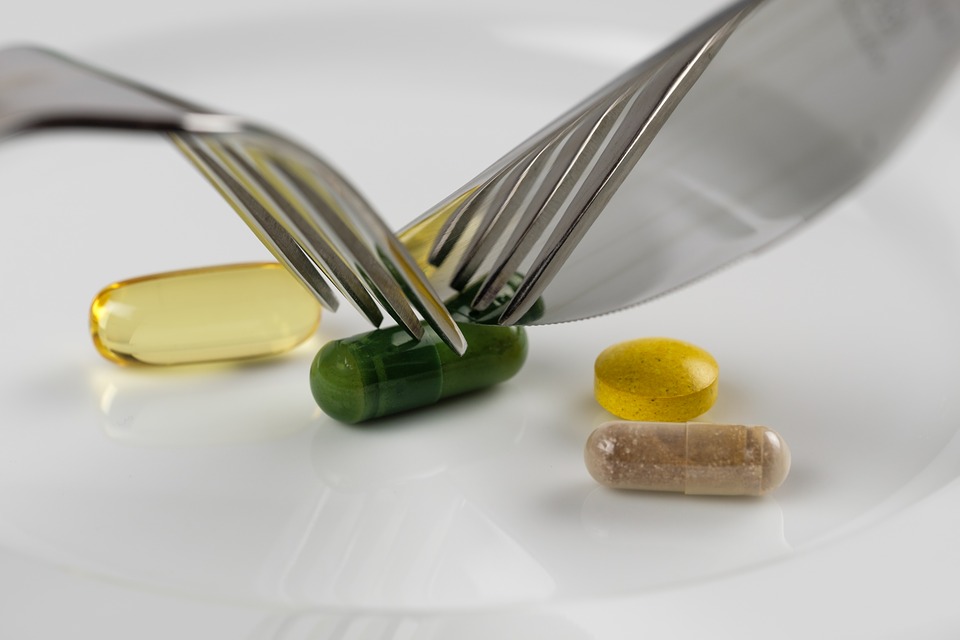Scientists have long known that restricting calories can fend off physiological signs of aging, with studies in fruit flies, roundworms, rodents and even people showing that chronically slashing intake by about a third can reap myriad health benefits and, in some cases, extend lifespan.
From a public health perspective, that advice would be impractical for many and dangerous for some.
But a new University of Colorado Boulder study published today indicates that when people consume a natural dietary supplement called nicotinomide riboside (NR) daily, it mimics caloric restriction, aka "CR," kick-starting the same key chemical pathways responsible for its health benefits.
Supplementation also tends to improve blood pressure and arterial health, particularly in those with mild hypertension, the study found.
Half were given a placebo for six weeks, then took a 500 mg twice-daily dose of nicotinamide riboside (NR) chloride (NIAGEN). The other half took NR for the first six weeks, followed by placebo.
The researchers took blood samples and other physiological measurements at the end of each treatment period.
Participants reported no serious adverse effects.
The researchers found that 1,000 mg daily of NR boosted levels of another compound called nicotinamide adenine dinucleotide (NAD+) by 60 percent. NAD+ is required for activation of enzymes called sirtuins, which are largely credited with the beneficial effects of calorie restriction. It's involved in a host of metabolic actions throughout the body, but it tends to decline with age.
Research suggests that as an evolutionary survival mechanism, the body conserves NAD+ when subjected to calorie restriction. But only recently have scientists begun to explore the idea of supplementing with so-called "NAD+-precursors" like NR to promote healthy aging.
The new study also found that in 13 participants with elevated blood pressure or stage 1 hypertension (120-139/80-89 mmHg), systolic blood pressure was about 10 points lower after supplementation. A drop of that magnitude could translate to a 25 percent reduction in heart attack risk.
If this magnitude of systolic blood pressure reduction with NR supplementation is confirmed in a larger clinical trial, such an effect could have broad biomedical implications..
Ultimately, the authors say, such CR-mimicking compounds could provide an additional option alongside the dietary changes and exercise currently recommended for people whose blood pressure is not yet high enough to warrant medication but who are still at risk for a heart attack.
Martens and Seals have applied for a grant to conduct a larger clinical trial looking specifically at the impact of NR supplementation on blood pressure and arterial health. Martens is also launching a separate trial looking at the impact NR has on older adults with mild cognitive impairment, a precursor to Alzheimer's disease.
